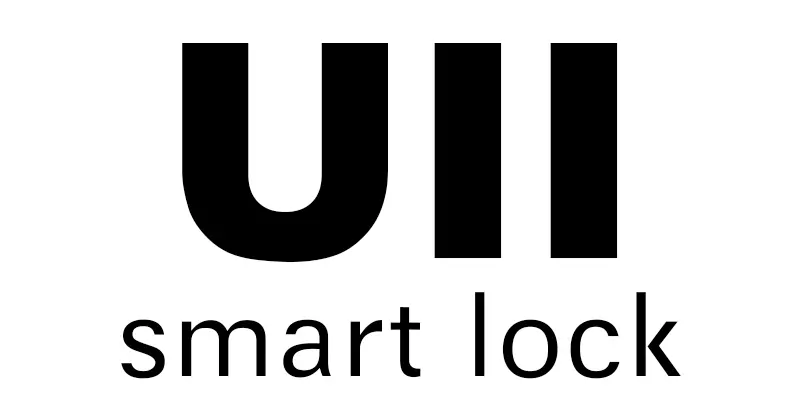Do you know the history of the lock? Locks play an indispensable role in our lives. From ancient times to the present, locks continue to evolve, not only witnessed the progress of human technology, but also promote the improvement of security protection. Let us to find out the history of locks and the evolution of smart locks.
Introduction
Locks are an important tool for security in our daily life. From the earliest simple wooden stick locks to the modern complex smart locks, the evolution of locks reflects mankind’s continuous pursuit of security and convenience. This article will discuss in detail the origin and development of locks and the future trend of smart locks.
The origin and early development of locks

The history of locks can be traced back to ancient civilizations thousands of years ago. In ancient Egypt, wooden pin locks [1] were widely used. These locks were locked and unlocked by the movement of a wooden pin. Over time, the ancient Romans further improved the locks by using metal to create stronger and more sophisticated locks[2].
Medieval and Modern Lock Evolution

During the medieval period, there were significant advances in lock technology. Iron locks became popular and more complex mechanisms emerged, such as cylinder designs with springs and levers. In more recent times, with the development of handicrafts, the manufacturing process and technical level of locks further improved. At this time, keys also became more complex and diverse.
The rise of modern mechanical locks

The Industrial Revolution brought great changes to the development of locks. Standardized mechanical locks began to be mass-produced, and the design and function of locks became more and more diversified. For example, the Yale Lock (Yale) Company introduced the modern popper lock in the late 19th century, which is still widely used today [3].
The emergence and development of smart locks

As we enter the 21st century, smart locks are becoming a new favorite for home and business security. Smart locks combine electronic technology and traditional mechanical structures to unlock the door through fingerprint recognition, password input, Bluetooth connectivity, etc. [4] Brands such as Lockly and Yale have excelled in this field, launching a variety of feature-rich smart locks such as face recognition door lock
Advantages and challenges of smart locks
Smart locks offer significant security and convenience compared to traditional locks. Users can remotely control door locks through mobile apps and monitor unlocking records in real time, which improves home security. However, smart locks also face some challenges, such as hacking and system failure. Therefore, it is especially important to choose a guaranteed brand and update the firmware regularly[6].
Future trends of smart locks
With the development of the Internet of Things (IoT) and smart home technology, the application of smart locks is very promising. In the future, smart locks will focus more on interconnectivity with other smart devices to realize a more efficient and secure home management system. In addition, the introduction of biometrics and artificial intelligence will further enhance the functionality and security of smart locks like smart door lock with camera.
Conclusion
From ancient wooden pin locks to modern smart locks, the history of locks is not only a record of technological progress, but also an embodiment of mankind’s evolving need for security. With the continuous progress of intelligent technology, locks will become smarter and safer, bringing more convenience and security to our lives.
